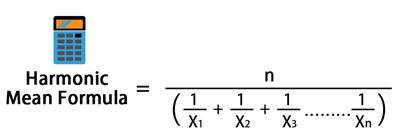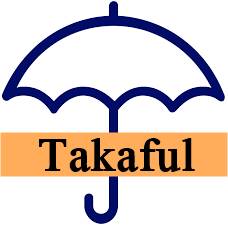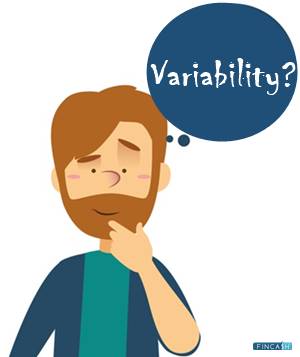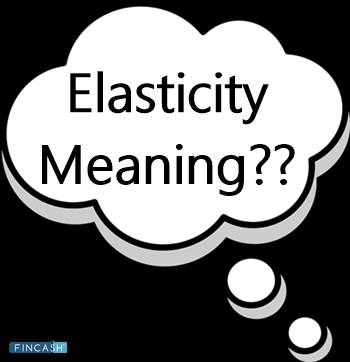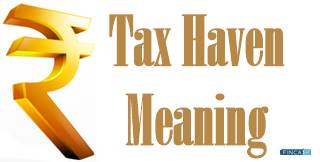
Table of Contents
Unbanked Meaning
Unbanked persons generally make payments for their purchases using cash, prepaid debit cards, or purchase money orders. Additionally, as per the Unbanked meaning, these people usually do not have pensions, insurance, investment product subscriptions, or any other money-related services.

Most of the unbanked population is usually found in less developed countries, like Malaysia, Indonesia, etc., or even in and around the rural areas of developed nations. In the United States, there are pockets of unbanked adults. These people can avail alternative financial services, including payday lending, check-cashing, etc., if these are available to them.
To address the issue, various organizations and governments across the world have initiated various programs to “Bank” the unbanked individuals. Some well-known examples of such initiatives are FDIC’s Money Start program and Arnold Schwarzenegger's Bank on California Initiative.
What is Underbanked?
They refer to families who like to manage their finances using cash. They don’t prefer using any traditional financial services like savings accounts, checking accounts, loans, and credit cards.
Underbanked individuals may have savings or checking accounts. However, they prefer not to use them in most cases, and hence they rely solely on cash transactions. Also, they may use less traditional financial services like check cashing services and short-term payday loans.
Talk to our investment specialist
Why People don't have Bank?
Even though most of the unbanked individuals in the US are native-born Americans, some immigrants also choose to remain. The major reasons why some people don’t have a bank account are -
- Minimum balance fees
- Lack of access through mobile phones or a nearby bank branch
- Having a distrust of the entire banking system
- Lack of access to government-issued ID proofs or other documents, which are necessary to open a bank account.
Apart from the above reasons, some people also remain unbanked for various reasons. For example,
a) Older citizens who survived the Great Depression may have developed a great distrust of financial institutions, including banks, and therefore, they don’t use them. b) Criminals avoid financial services since there are high chances that the law enforcement officials can track them and their illegal activities. c) Recent immigrants who suffered from banking crises in their own countries can also develop a strong distrust of banking services. d) Extremely poor people might not need a banking system since they often don’t have enough money. They simply try to survive in their day-to-day lives. Besides, it’s really hard for them to maintain minimum balances, arrange transportation to and from bank branches, or afford the account fees associated with various banking services.
Federal Benefits Available for Unbanked Adults
In a US federal law of 1996, there was a provision that required the State’s federal government to introduce electronic payments by 1999. In 2008, the U.S. Treasury Department partnered with Comerica Bank to provide the citizens the Direct Express Debit MasterCard, which is a Prepaid Debit Card to help unbanked individuals pay for their purchases.
Section 326 regulations under the U.S. Treasury Department seeks to “bank” undocumented foreigners and enables banks and credit unions to accept foreign government-issued IDs.
All efforts have been made to ensure the information provided here is accurate. However, no guarantees are made regarding correctness of data. Please verify with scheme information document before making any investment.

